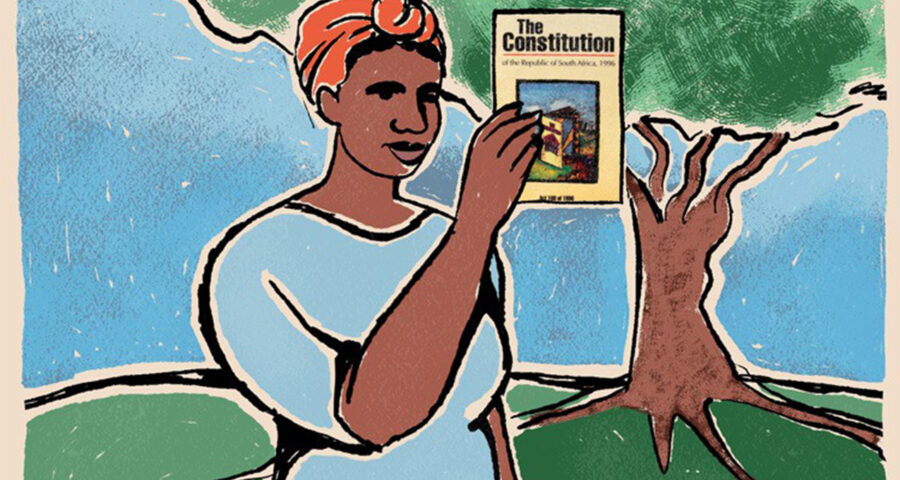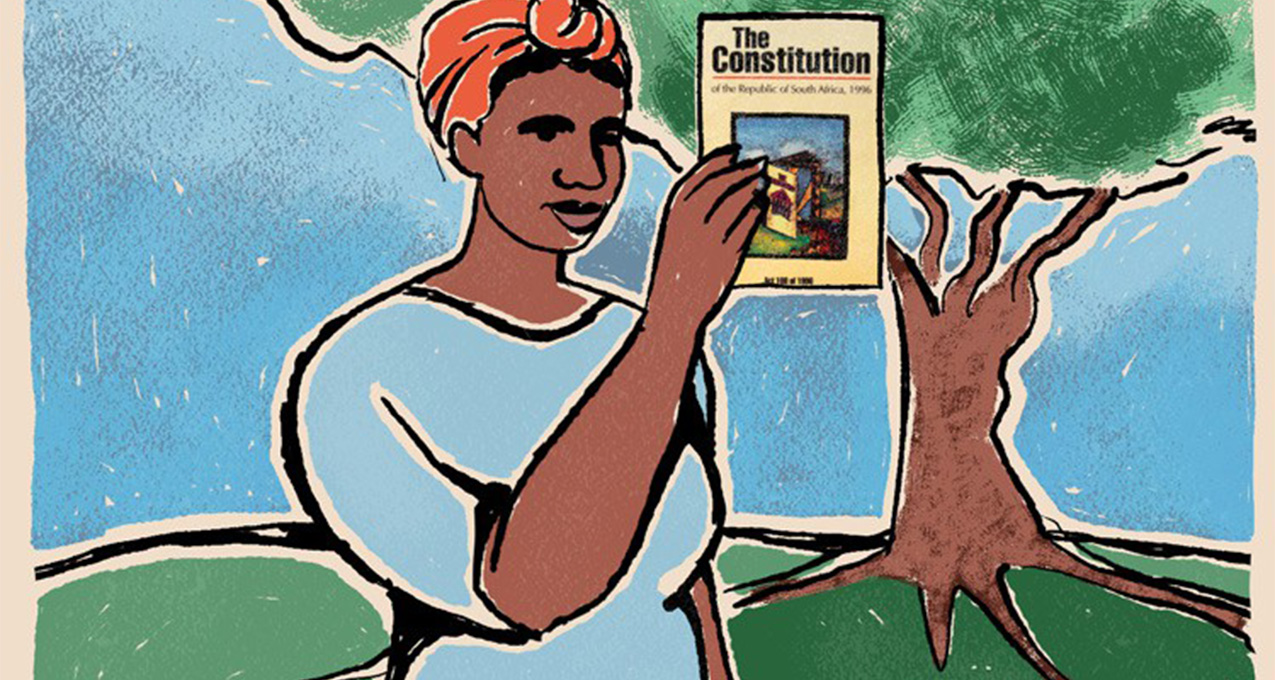
Can journalists publish “stolen” information?
What happens when a whistleblower decides to copy and steal an employer’s secret information and give it to the media? Two recent stories, in America and South Africa, brought this question to the fore. Everything about Donald J Trump is big — a Wikipedia page is dedicated to his litigation list alone. One of these piqued particular […]

What happens when a whistleblower decides to copy and steal an employer’s secret information and give it to the media? Two recent stories, in America and South Africa, brought this question to the fore.
Everything about Donald J Trump is big — a Wikipedia page is dedicated to his litigation list alone. One of these piqued particular media interest. In 2021 Trump sued his niece Mary Trump, the New York Times, and journalists, following the publication by the Times of a series of articles based on Trump’s tax records. Trump argued that Mary had obtained the documents from her lawyer in breach of a 20-year-old confidentiality agreement. Trump’s argument against the Times was that they induced Mary to commit unlawful conduct and thereby committed the act of unlawful interference (called tortuous interference in America). He sued for $100,000,000 (more than R1.8 billion).
On 3 May 2023, Judge Robert Reed of the Supreme Court of the State of New York dismissed Trump’s case “because the Times’ purpose in reporting on a story of high public interest constitutes justification as a matter of law.” Constitutionally protected freedom of speech trumped the unlawfulness of the confidentiality breach. The case against Mary continues.
The ink was still wet on the Trump ruling when we heard locally that Sam Sole, Micah Reddy and Dewald van Rensburg from amaBhungane Centre for Investigative Journalism are under attack after they published an exposé implicating Zunaid Moti in a mining deal with Zimbabwe’s President Emmerson Mnangagwa. Moti complains that the journalists used stolen documents for the publication. Will the South Africa Constitution protect amaBhungane under the right to freedom of expression and media freedom, like the US Constitution protected the Times?
In 1990, the Financial Mail obtained information about private business discussions between Sage Holdings and the Allied Group in the form of unlawfully recorded private telephone conversations. The Financial Mail decided to publish an article based on this. Sage successfully applied for an interdict.
The case eventually got to the Supreme Court of Appeal, which, in 1993 confirmed the interdict. On the question of when, if ever, unlawfully obtained material could be lawfully published, Chief Justice Michael Corbett said that, if, in the case of information obtained by means of an unlawful intrusion, the nature of the information is such that there are overriding grounds in favour of the public being informed, the Court would conclude that publication of that information should be permitted, despite its source or the manner in which it was obtained. The Court warned the media not to confuse public interest with what is interesting and to balance privacy with the public interest. The Financial Mail failed to produce evidence of overriding public interest in the case, which is why it lost.
When is there an overriding public interest to publish the fruit of a poisoned tree?
In amaBhungane’s case, they published using documents leaked by a former employee of the Moti Group. The documents tie Moti to the political elite of Zimbabwe in a relationship that, so it is alleged, smacks of political favours bought. To escape liability, whether it be for defamation, invasion of privacy or something else, Sole and his colleagues must prove that the overriding public interest in publishing trumps Moti’s privacy and reputational rights.
In most cases where information is leaked, whether it is from a deep-throat whispering in a dark alley or an employee sliding an envelope over a table, there is an act contrary to the wishes of the “owner” of the information. The act of deceit is potentially wrongful.
Public interest to justify the publication of the leaks would lie in the nature of the information – what it reveals – and the subject thereof – who it relates to. Take the Gupta leaks. A hard drive was given to journalists. It exposed graft and corruption involving public bodies and the high-living Guptas. Few questioned the public interest.
Moti is a flamboyant businessman with a lavish public lifestyle. He has been in the limelight for over a decade. It is safe to describe him as a public figure. The leaked documents reveal deals between Moti’s businesses and the President of Zimbabwe, a public figure and a controversial one to boot. These facts alone are strong indicators of public interest in private business deals. If the information goes further to expose transactions that are morally or legally questionable, it is likely that Judge Corbett’s overriding public interest test would be met.
Therefore, South Africa’s common law and its Constitution should stand as strong as the American First Amendment when it comes to protecting the publication of unlawfully obtained material, provided there is sufficient public interest. The caveats being: do not confuse interest with the public interest and be mindful of privacy rights.
Published originally on GroundUp | By Jacques Louw
